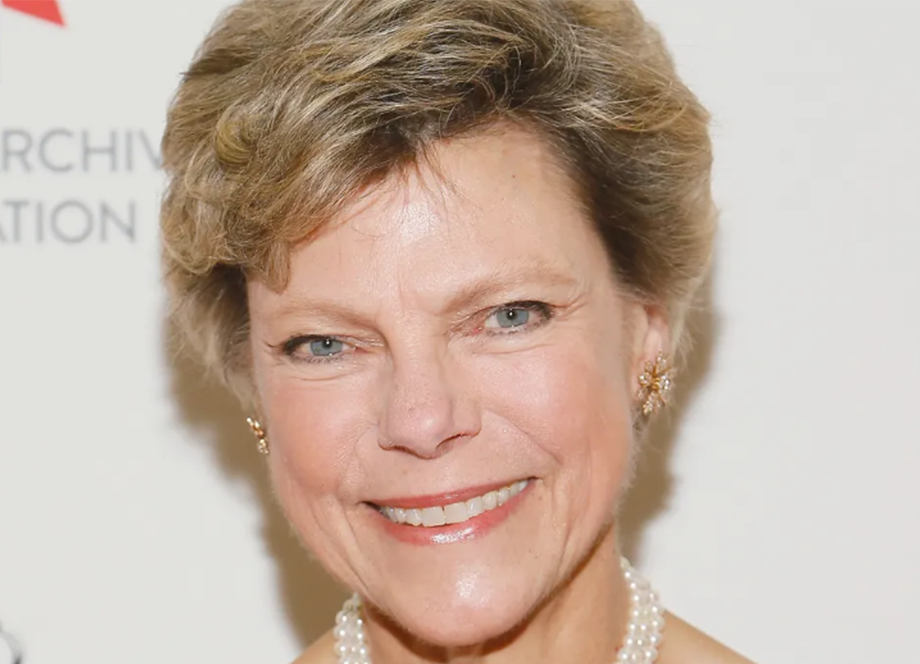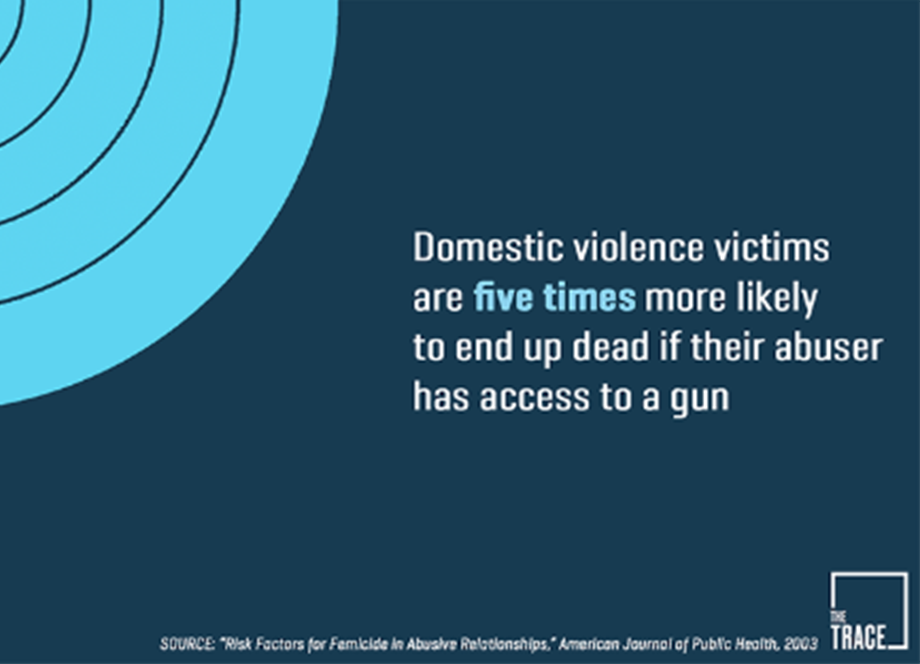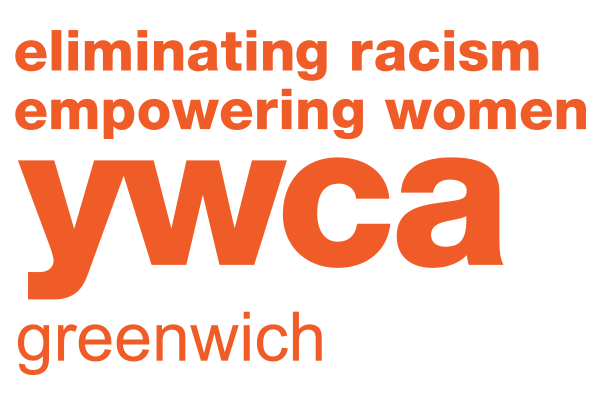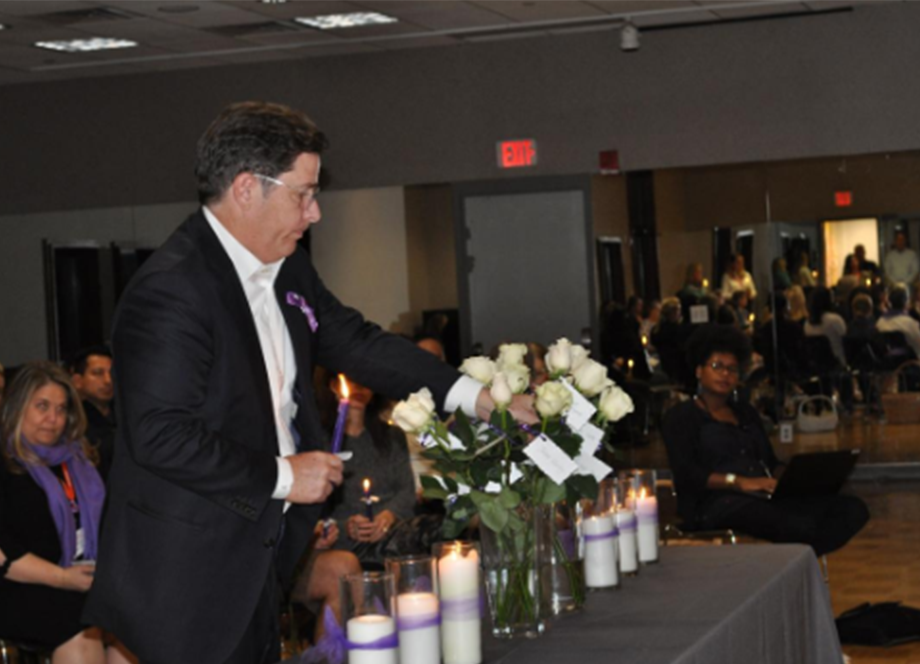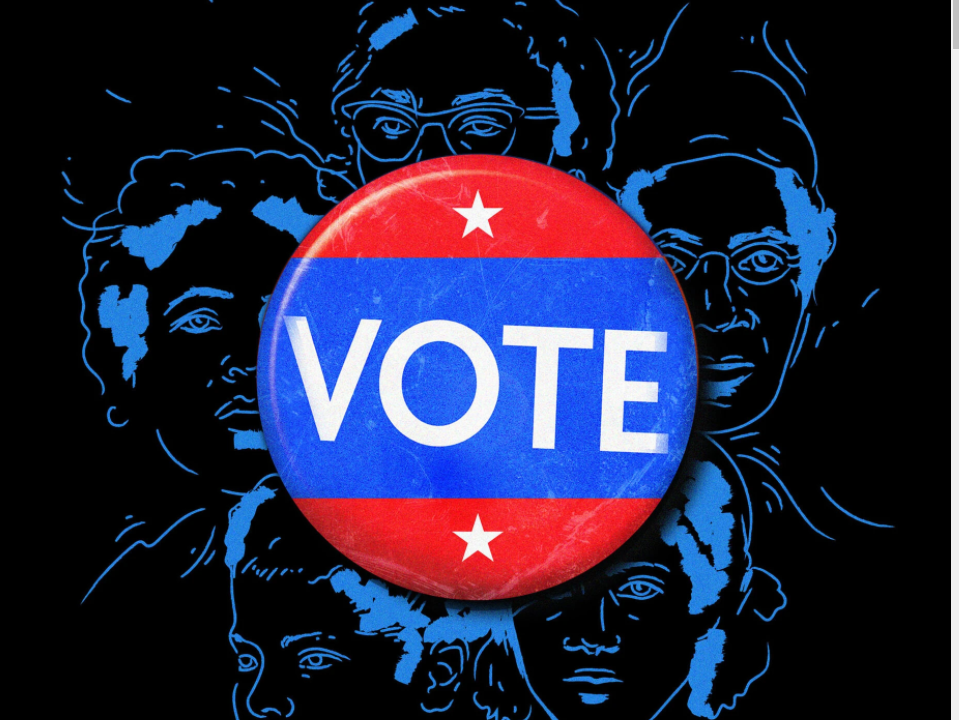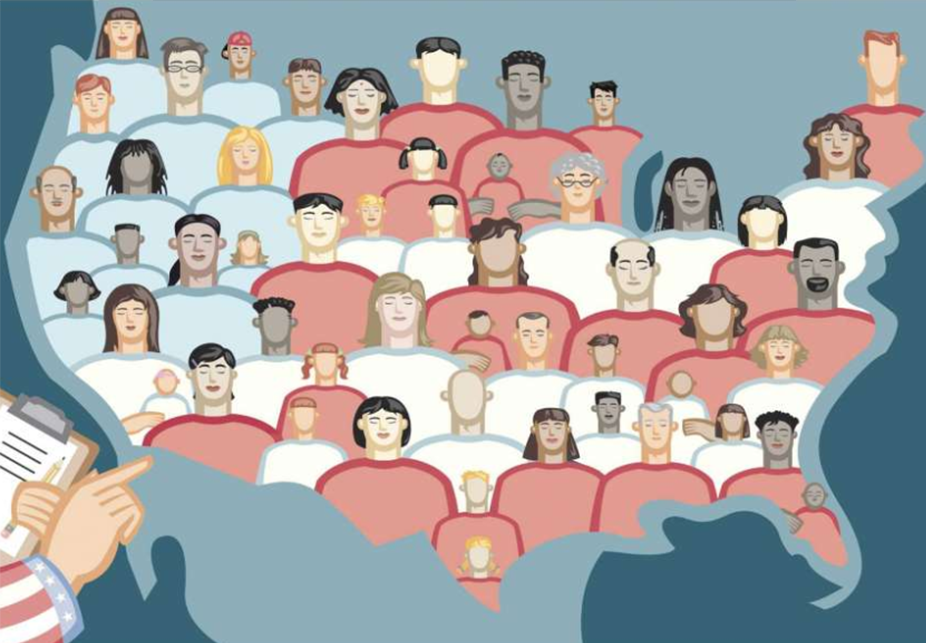Greenwich Time 11.October.2019: A long and contentious divorce left Wendy G. plagued by self-doubt and shame, even after the legal papers were finalized. She said the years-long court proceedings dealt a severe blow to her self-confidence. “I came to the YWCA struggling — struggling with the hopelessness that although legally divorced, my days were still hijacked by my ex-husband,” she said at the Greenwich YWCA on Thursday night. “When I came to the YWCA, it took a few counseling sessions for me to believe my experience was, in fact, domestic abuse and that I was justified in being here asking for help.” She was one of the many domestic violence survivors who told her story at the Greenwich YWCA’s annual Candlelight Vigil, which celebrates survivors, remembers deceased victims of abuse and lights candles of hope for the future. The vigil on Thursday honored the memory of the 23 people who died last year in Connecticut as a result of domestic violence. The victims ranged in age from 6 weeks old to 87 years old. As each name was read, police officers, community members and individuals affected by domestic abuse dropped a rose into a vase to honor every deceased victim. There was a moment of silence for all the victims. The YWCA gave an award to Patrick Mooney for his countless hours of financial guidance to victims who have been financially abused. The event was held to mark Domestic Violence Awareness Month in October. Many might envision a victim of domestic abuse as a battered, timid woman who is secluded at home, hiding her bruises. But Greenwich YWCA staff said thousands of individuals from all walks of life enter the facility year after year, looking for help for different forms of abuse. As the only state-designated provider of domestic abuse services in Greenwich, the YWCA responded to more than 3,700 calls to its hotline last year and provided services nearly every day to a victim who arrived there seeking help, said Mary Lee Kiernan, president and CEO of the YWCA. Domestic violence is the second most investigated crime in town, according to YWCA staff, who work closely with police.
“So, while we may think of Greenwich as a pretty safe town where you can walk down the avenue or leave your car window rolled down without worrying, one place many residents feel unsafe, is inside their own homes and relationships,” said Leslie Coplin, prevention and outreach coordinator at the YWCA. The nonprofit’s emergency shelter, court services, civil legal clinic and financial literacy coaching, among other supports, are free and confidential — and no one is ever turned away. Domestic abuse services staff members train hairstylists, social workers, educators and law enforcement officials on how to recognize domestic violence and appropriately refer victims to support services, said Coplin. It can take victims eight attempts to fully leave their abusive relationships, she said. Abusive tactics such as financial, emotional, technological, sexual and verbal violence, can make it hard for victims, who blame themselves, to leave never-ending cycles of abuse. “There is the very real fear that an abusive partner will hurt them or someone they love, should they try to end the relationship,” said Coplin. “In fact, we know that leaving an abusive relationship is the most dangerous time for a victim. We also know that after being isolated from family and friends, victims are much more likely to leave if they have someone in their corner to help them.” After receiving services from the YWCA for 18 months, Wendy G. reached a personal goal of going back to work this summer. “There is still a struggle,” she said. “I’m not the person I used to be after all these years of fighting. I have trouble finding my voice and I move through life thinking about how I’d explain something in a deposition, how the copy of an email would look in a court filing. “Every day, I work through changing these reactions while also being kind toward this new version of myself.” In 2019, intimate partner violence accounts for 15 percent of all violent crime in America and the issue affects more than 12 million people each year, said Rosie Enyart, youth engagement and community educator at the YWCA. Changing a culture that allows gender-based violence to exist is an undertaking, she said. But the community can start by modeling consensual behavior for youth while teaching them autonomy about their own bodies. Raising awareness about domestic abuse and its prevalence is critical — and so, to, is intolerance of sexism or sexist jokes, she said. Supporting victims when they decide to come forward and report abuse is essential too, she concluded.
